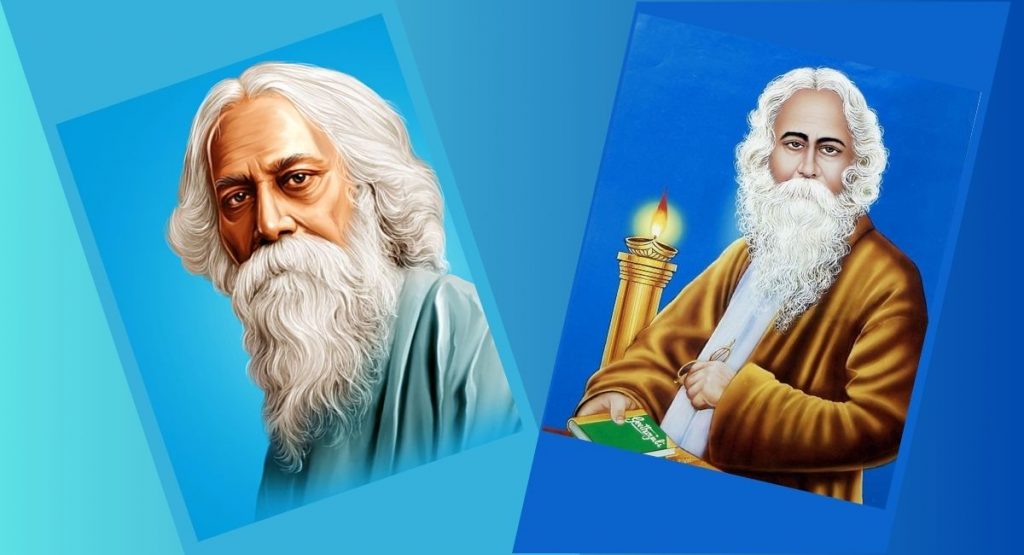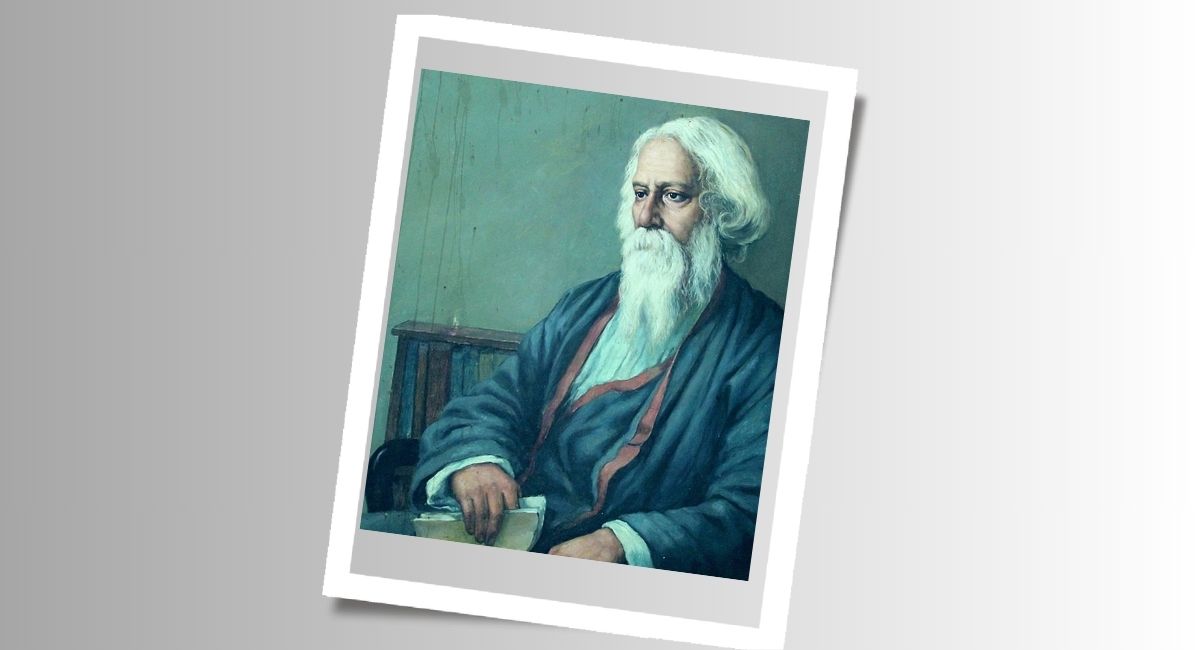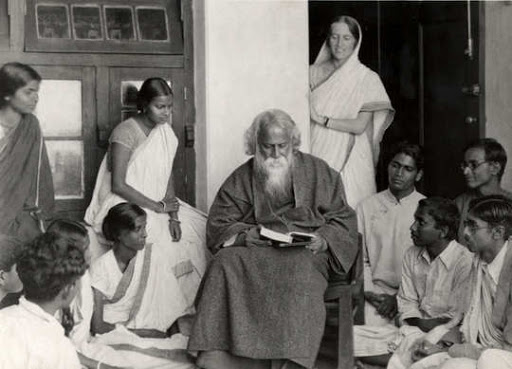Imagine Rabindranath Tagore, Nobel laureate, as a scientist. How would his brilliance reshape research, ethics, and our understanding of the world? Explore a Tagore-led scientific revolution

The Polymath and the Scientist Within Rabindranath Tagore
There is no need to introduce the renowned Bengali polymath Rabindranath Tagore. He was a poet, writer, philosopher, composer, and influencer who changed Indian art as well as Bengali literature and music. He became the first non-European to win the Nobel Prize in Literature in 1913, thanks to his deeply poignant poems.
What if, however, Tagore had directed his genius toward science? This essay explores the fascinating field of creative conjecture and speculates on how the scientific community might have changed as a result of his special traits and beliefs. We'll look at how his emphasis on ethics, inventiveness, and multidisciplinary approach could have produced ground-breaking discoveries and a more comprehensive view of the world.
Interdisciplinary Genius: Blurring the Lines Between Art and Science
The talent of Tagore was beyond discipline. He held that philosophy, science, and the arts are all interrelated. He would have benefited greatly from this multidisciplinary approach in his scientific pursuits.
Imagine Tagore undertaking scientific study while using both an artist's vision and a thorough observational approach, looking for patterns and beauty where others might simply perceive statistics.
Rabindranath Tagore's deep appreciation for nature, evident in his poems that celebrate the interconnectedness of life, could have driven cooperation across seemingly disparate scientific fields.
Creativity and the Scientific Temperament: A Match Made in the Mind
Creativity is vital to science. Tagore's unmatched inventiveness, which shines through in his plays and poetry, would have been a priceless contribution. He didn't hesitate to investigate novel ideas or pose unusual queries. His years of philosophical study had sharpened his critical thinking abilities, which would have enabled him to analyze issues, question accepted wisdom, and develop original theories.
Tagore's scientific mentality is evident in his works. His poetry is replete with observations about the natural world, including plant development and star movement.
He had an intense feeling of wonder for the cosmos and was always trying to figure out how the complex processes of nature worked.
Humanism and Ethics: Shaping a More Responsible Science
His humanistic and ethical views would have influenced Tagore's scientific attitude. He thought that human existence had intrinsic worth and that there should be harmony between people and the natural world. He might have championed moral research and technology development approaches as a result of this viewpoint.
Imagine Tagore promoting scientific discoveries that advance humankind rather than merely the environment. His impact may have influenced sustainability and environmental research, resulting in a more conscientious and moral scientific endeavor that puts the earth's and its people's health first.

Education and Innovation: Nurturing the Seeds of Discovery
Tagore made legendary contributions to education, especially with Visva-Bharati University, which he founded. He had an idea for an educational system that promoted creativity, independence, and a global perspective. These very ideas may have promoted multidisciplinary research and an innovative scientific culture.
Imagine Visva-Bharati—nourished by Tagore's holistic learning philosophy—becoming a hub for innovative scientific discoveries, where students from varied backgrounds work together.
A Speculative Leap: Rabindranath Tagore the Scientist
Though it's impossible to determine with certainty what field Tagore might have succeeded in, some seem like obvious fits. He might have studied theoretical physics to learn more about the nature of space, time, and the universe as a result of his curiosity about it.
Alternatively, his profound affinity for the natural world would have led him to pursue a career in environmental science, where his humanistic principles would have directed investigations toward enduring resolutions. It's possible that psychology, with its study of the human mind, piqued his curiosity.
Novel scientific hypotheses might have been derived from Tagore's artistic vision. In the same way that innumerable scientists have found inspiration in philosophy and the arts, Tagore's distinct viewpoint might have shed new light on scientific issues.
A Legacy of Inspiration Rabindranath Tagore: Integrating Art, Philosophy, and Science
Tagore's fictitious scientific contributions have a boundless influence. His studies and findings have the potential to completely change our perception of the cosmos and our place in it. Perhaps more importantly, though, is that his legacy will encourage scientists both present and future to approach their jobs with more integration.
Envision a world of science where rigorous analysis and artistic expression coexist, and where ethical issues are integrated into every aspect of study. This is the world that the scientist-turned-novelist Tagore may have contributed to creating.
Conclusion: Beyond the Walls of Disciplines
This investigation helps us to envision the enormous contributions Rabindranath Tagore could have made to science, even though he left a lasting impression on the worlds of literature and art.
His creative interdisciplinary approach, attention to ethics, and creative compartmentalization serve as a potent reminder that true understanding is found in the synthesis of knowledge from other domains rather than in strict subtraction. Interdisciplinary thinking is essential to science, and Tagore's diverse thinking would have greatly enhanced the field of science.
Beyond theory, his legacy endures. The artificial barriers between philosophy, science, and the arts are encouraged to be crossed by it. We can work toward a day when scientific progress is constrained by moral considerations and directed by a profound understanding of the world around us by adopting a more holistic approach to knowing.
His influence goes beyond theory. It motivates us to cross the fictitious boundaries separating philosophy, science, and the arts. A more holistic approach to knowledge can guide scientific progress with ethics and nature's beauty in mind.






